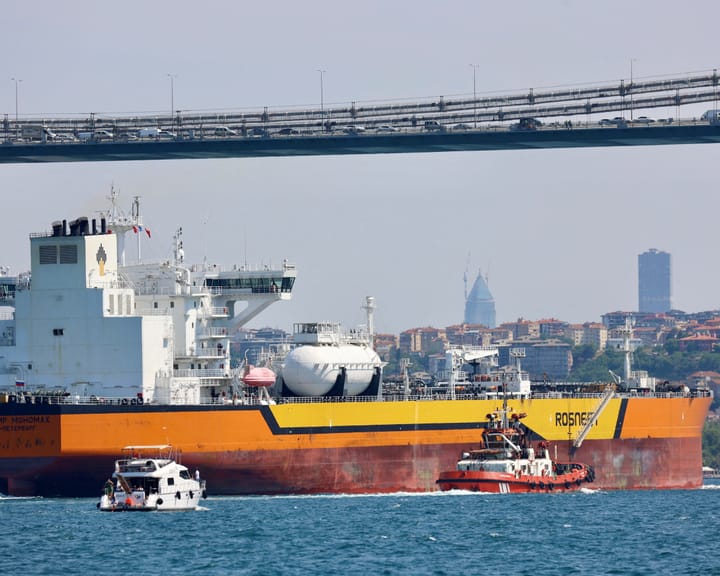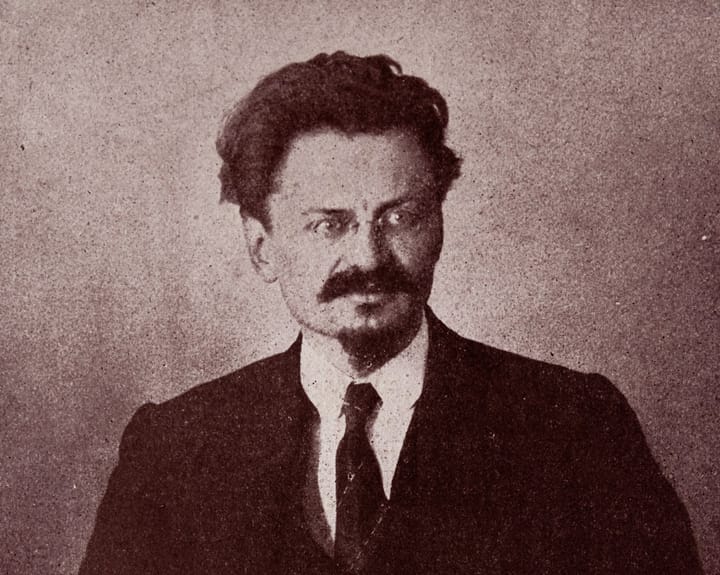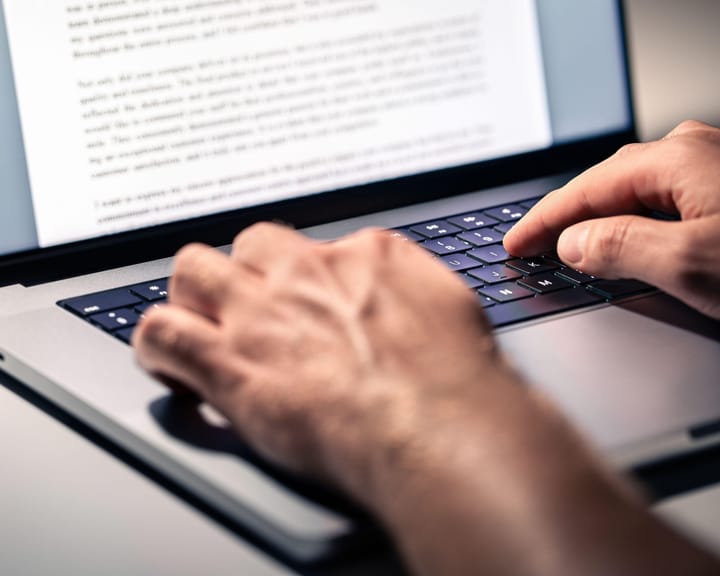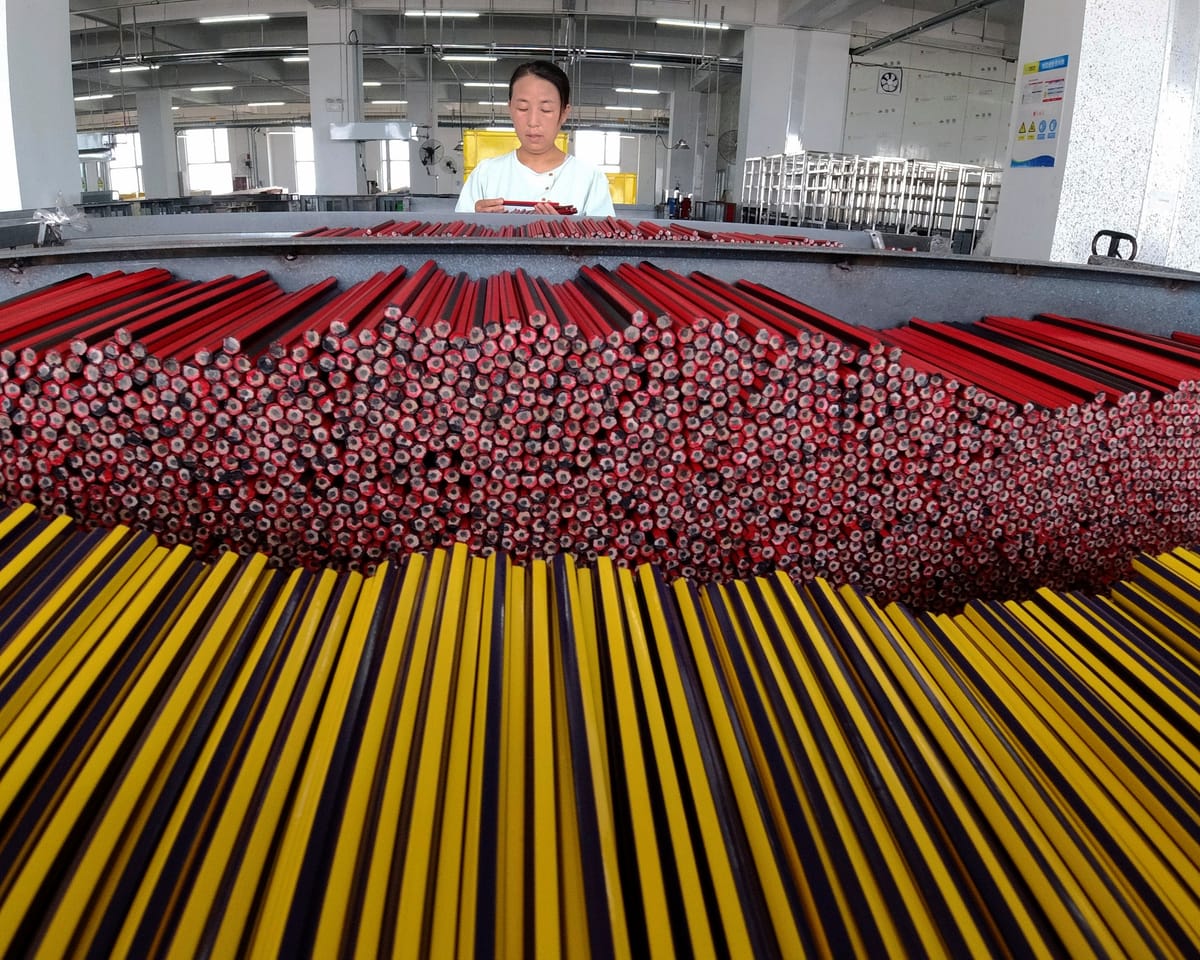UK’s Business Secretary Peter Kyle to Visit China for Trade Discussions
The UK’s newly appointed business secretary, Peter Kyle, will travel to China this week as part of ongoing efforts by Prime Minister Keir Starmer’s administration to strengthen economic ties between the two nations.
Kyle, previously the science and technology secretary before his promotion in last week’s cabinet reshuffle, is scheduled to arrive in China on Wednesday. He will take over the itinerary previously arranged for his predecessor, Jonathan Reynolds, now serving as chief whip.
Before arriving in Beijing, Kyle was set to visit Washington on Sunday evening in preparation for Donald Trump’s upcoming state visit to the UK. In China, he will meet with Commerce Minister Wang Wentao for talks at the first session of the UK-China Joint Economic and Trade Commission (Jetco) in seven years.
---
Economic Update: China’s Export Growth Slows, Oil Prices Rise
China’s export growth in August slowed to its weakest pace in six months, with shipments to the U.S. declining amid ongoing trade tensions. Official data showed that exports rose by 4.4% from a year earlier, falling short of expectations and lower than July’s 7.2% increase. Meanwhile, imports grew by 1.3%, down from 4.1% the previous month.
Shipments to the U.S. decreased by 33%, while exports to Southeast Asian nations rose by 22.5%. Analysts suggest that Chinese manufacturers may be redirecting sales to other markets in response to shifting U.S. trade policies.
In mid-August, the U.S. postponed new tariffs on Chinese goods, announcing a 90-day extension just before the expiration of existing trade agreements. Tensions remain high, with the U.S. previously threatening tariffs of up to 245%, while China proposed retaliatory duties of 125%. Currently, Chinese imports face a standard 10% tariff, with an additional 20% levy in response to allegations of fentanyl smuggling.
China’s trade surplus widened to $102.3 billion in August, up from $98.2 billion in July but still below June’s $114.8 billion. Observers are watching for potential economic measures in the coming months to boost domestic spending.
In other developments, German exports unexpectedly fell in July by 0.6%, contrary to predictions of slight growth. Imports also declined by 0.1%, narrowing the trade surplus to €14.7 billion from €15.4 billion in June. However, industrial production saw a 1.3% increase.
Oil prices rose following last week’s decline, after OPEC and its allies, including Russia (OPEC+), agreed to modestly increase production starting in October due to concerns over weaker global demand.
Read next

"Nations weigh halting Russian oil and gas purchases as Trump sanctions take quick effect"
Donald Trump’s efforts to mediate peace in Ukraine may hinge on one critical issue: can the U.S. leader persuade nations to reduce their reliance on Russia’s energy exports?
Recently, Trump introduced sanctions against two of Russia’s biggest oil firms, Rosneft and Lukoil, aiming to weaken Moscow’

"Risks of centrist economics in a divided world"
Navigating the economic landscape as a centrist thinker is challenging in today’s politically charged environment, where every viewpoint is quickly categorized into rigid ideological positions. A sentiment often linked to Leon Trotsky applies here—centrist economists may avoid conflict, but conflict finds them regardless.
Take, for example, my 2016

"Bloomsbury head suggests AI aids writers in overcoming block"
Artificial intelligence may assist authors in overcoming creative hurdles, according to the head of the publishing company Bloomsbury.
Nigel Newton, founder and chief executive of the firm behind the *Harry Potter* series, suggested that while AI could support various creative fields, it would not replace well-known writers entirely.
"AI

